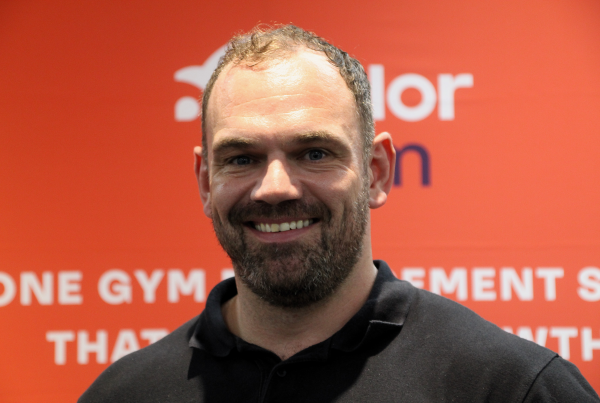Brexit continues to dominate both the headlines and the focus of Government, as it has done since the referendum. To some it may feel that many of the issues so important to the physical activity sector have been left on the back-burner, as those in Westminster look to solve the pressing matter of our future relationship with the EU.
Does that mean we, as a sector, should curb our ambitions, and wait until Brexit is concluded? Of course not. Government is not the only driver of change and our sector is in a prime position to deliver meaningful impact across a range of societal issues, from our children’s health through to building cohesive communities.
We also have an array of brilliant partners lining up to work with us, across the public, private and third sectors. But we have to be open and willing to collaborate and explore new initiatives.
Schools are one example. How do we work with schools to ensure children get enough physical activity both inside and outside of school time? There are enormous opportunities for partnership between activity providers, leisure centres and the education system – growing the sector while meeting a real societal need.
These partnerships needn’t be just with the public sector however. Large corporates are increasingly looking to engage with our sector. For example, ukactive is working with leading supermarket Sainsbury’s to pilot ‘Active Kids’, which will see schools across England and Wales host ‘Active Kids holiday clubs’ to help children aged between five and 15 to stay active and healthy over the summer break. Meanwhile, insurance provider AXA PPP has been an excellent partner for National Fitness Day – which got more than five million people active on the day last year – helping to support the extraordinary growth in the campaign as we prepare for NFD 2018.
Let’s not forget that central Government is not the sole policy-making force in the country – with regional government becoming more widespread and endowed with increasing powers. Mayor of Manchester Andy Burnham recently called on our sector to partner with Manchester and other regional authorities to deliver impactful physical activity programmes – the challenge now is to meet that call.
Collaborating with other industries and policy areas gives us a real and clear opportunity to prove ourselves as reliable partners that deliver results – whether that is providing opportunities for physical activity to older populations or helping young offenders into employment.
While a change in Westminster’s priorities may seem a long way off, why wait around for Government when we can do so much without them?

Communications Executive




